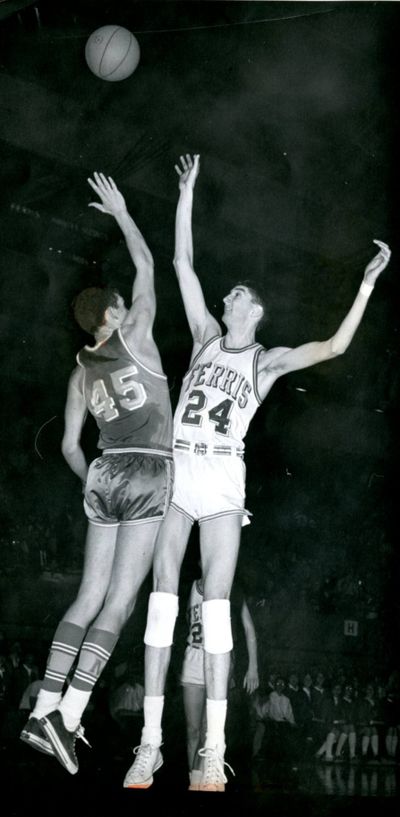Athletic landscape tough to navigate
Salaries, facility costs keep tensions high

In his role as faculty athletic representative, Dennis Phillips weighed in with concerns that have led to the current state of university athletics.
“There have been a number of major things that have changed the landscape,” he said.
It began over 40 years ago with the passage of Title IX. He talked about struggles over administrative control; outside influences on athletes; the debilitating effects of media money and obscene coaching salaries; and the advent of power conferences.
Title IX, though long overdue and welcomed, impacted collegiate budgets and led to the reduction of men’s sports.
“The economic realities have been difficult to deal with over the years,” Phillips said. “Gender equity is still an issue.”
In the wake of recruiting scandals, university presidents took over control from athletic directors to keep the “fox from guarding the henhouse,” as he put it. “Sometimes it’s good, sometimes it’s not good, depending on their knowledge of sports.”
Another issue was the one institution, one vote that put NCAA Division I schools at the mercy of more numerous D-II and D-III schools.
The logic was that “Division I makes the revenue and needs to have a bigger voice,” Phillips said. “The structure changed to where Division I had the most votes and has gone to where we are today.”
There has been a move to reduce and deregulate the 450-page NCAA manual, he continued.
“Unfortunately, that has become derailed in the face of scandals,” Phillips said. “(They say) wait a minute we’re moving too fast, you can’t deregulate everything. Now the NCAA has hired an outside group that is interviewing everyone to take a look at the changes. From the ground level up, coaches and athletic directors are all having a voice.”
Everything from social media, texting and influential traveling team coaches are coming under scrutiny.
What concerns Phillips more, coming from the viewpoint of a smaller Division I faculty representative, is the pervasiveness of media, the runaway costs of constructing Taj Mahal-like facilities and escalating coaching salaries. He said it makes things difficult for a school like Southern Mississippi.
“I’ve served on five coaching searches,” he said. “It’s frustrating at times. In some cases an assistant (at a large school) is making more than we can offer as a head coach. That’s the Catch 22. There is always tension between the academic and athletic communities. There’s a growing barrier between the haves and have-nots. Salaries are way out of whack.”
AAU and traveling elite programs compound the situation and it’s difficult, he said, for the NCAA to maintain control.
He cited a New Jersey coach who travels across the country with inner-city basketball players for upward of 80 games. There are no regulations outside the educational system, Phillips said, but it is a way for athletes to raise their profiles.
“The coach said, ‘Who do you think has the largest impact on kids’ lives?’ ” Phillips was told. “ ‘We are the biggest influence.’
“How do you deal with that? It’s a battle to get it back to where it is a game.”